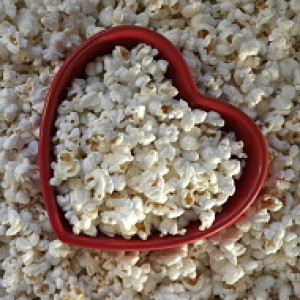2013 Challenge - Muggle
So many fairy tales involve magic plants and using plants to make magical potions.
When I saw this lady looking at the herbs and plants to grow for food, it was perfect for this challenge topic.
2013 challenge; week 23: Muggle
Herbology involves the study of plants as they relate to the Wizarding world. Some of the plants studied in Herbology classes are semi-sentient and are essentially magical creatures. These can be quite dangerous. Other plants are magical versions of what Muggles would consider to be normal, mundate plants. In some cases, plants which are well known to Muggles are studied by Herbologists for their hidden, magical attributes.
Some plants are cultivated specifically for use in potions. At Hogwarts, the Herbology professor grows these for the Potions Master, who then cuts, slices, dries, crushes, or otherwise prepares the roots, leaves, or other parts. Some plants are cultivated for use in Healing, and the Matron (Nurse) uses these in the Hospital Wing.
Witches and wizards can make a career of working with plants and herbs. Many great discoveries have been made over the centuries which have improved the lives of many, including bubotuber pus to cure acne and gillyweed to allow breathing underwater. However, everyone in the Wizarding world should have some level of understanding of magical plants, whether it is to properly tend a Wizard's garden or to understand which herbs to buy for basic day-to-day potion making.
Editor's note: Some of these plants exist in Muggle folklore but are not necessarily credited with the attributes attributed to them in the Wizarding world.
The preceding 4 paragraphs were taken from:
http://www.hp-lexicon.org/magic/herbology.html

Comments
Sign in or get an account to comment.


